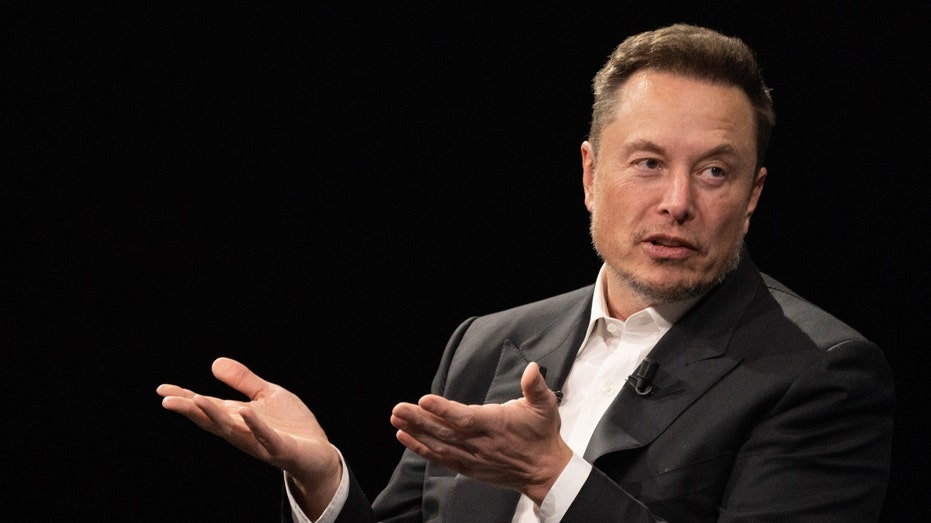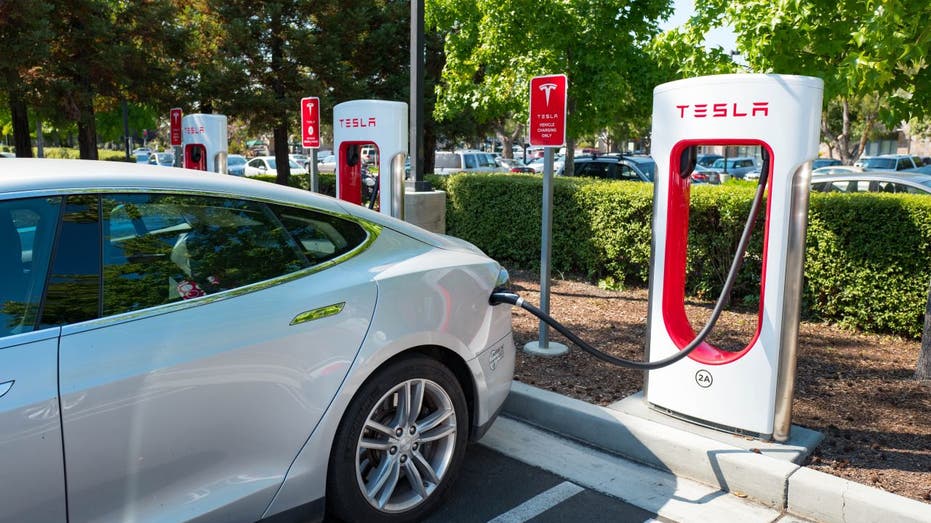Elon Musk says he's worried about the 'high interest rate environment we’re in'
Musk said that higher interest rates make it more challenging for consumers to afford to buy a car
How is Tesla performing?
Gerber Kawasaki CEO Ross Gerber has the latest on the company's earnings on The Claman Countdown.
Tesla CEO Elon Musk said during the EV maker’s earnings call on Wednesday that he is concerned about the impact of high interest rates on would-be car buyers.
"I’m worried about the high interest rate environment that we’re in," Musk told investors. "I just can’t emphasize it enough that for the vast majority of people, buying a car is about the monthly payment. And as interest rates rise, the proportion of that monthly payment that is interest increases naturally. So if interest rates remain high, or they go even higher, it’s that much harder for people to buy the car."
As inflation rose in 2022, and the Federal Reserve began raising interest rates to tamp down the surge in consumer prices, Tesla cut prices on several occasions this year to help keep the cost of its cars competitive for consumers.
ELON MUSK WANTS TO ‘TEMPER EXPECTATIONS’ ON TESLA CYBERTRUCK; THINKS IT’S ‘OUR BEST PRODUCT EVER’

Tesla CEO Elon Musk said on an earnings call that he's worried about the impact of the high interest rate environment on consumers. (Photographer: Nathan Laine/Bloomberg via Getty Images / Getty Images)
"We have to make our cars more affordable for people to buy, and I keep harping on this interest thing, but it’s just the interest rate raises the cost of the car," Musk said. "Looking at an internal analysis, which I think is more or less on track, but when you look at the cost of the price reductions we’ve made in say the Model Y, and you compare that to how much people’s monthly payment has risen due to interest rates, the price of the Model Y is almost unchanged."
"The thing that matters is the monthly payment. It’s how much money do they literally have that in their bank account or their check balance," he added. "And then what is the monthly payment? And it doesn’t matter how much of the payment is principal, interest or whatever, it’s just a number, and that number has to not cause their bank account to go negative. That’s it."
"Going from near-zero interest rates to the current very high interest rates, the actual monthly payment is basically the same. It’s just a bunch more of it is going to interest," Musk said.
ELON MUSK MAKES TESLA SUPERCHARGERS FREE TO USE IN ISRAEL

Tesla has cut prices for its EVs on several occasions this year to keep the cars affordable for consumers as interest rates rise. (Photo by Smith Collection/Gado/Getty Images / Getty Images)
Musk added that there are some additional challenges related to high interest rates making it harder for consumers to access credit as banks and credit unions tighten lending standards.
"And there are some incremental challenges beyond that, which is the difficulty of getting credit at all has increased, and so there are a number of people who simply cannot get credit, period. Even if they’ve got a job – the banks are, you know, a little gun-shy on handing out credit, given that a bunch of them have kicked the bucket earlier this year."
| Ticker | Security | Last | Change | Change % |
|---|---|---|---|---|
| TSLA | TESLA INC. | 417.32 | +6.21 | +1.51% |
Beyond the financial services industry, Musk added that he’s concerned about the potential impact of high interest rates on the commercial real estate market as well as the ability of American consumers to service their credit card debt, which surpassed $1 trillion for the first time ever in August.
GET FOX BUSINESS ON THE GO BY CLICKING HERE
"I think there’s still quite a few shoes to drop on the bad credit situation. Commercial real estate obviously is in terrible shape. You know, credit card debt has been rising significantly," Musk said. "The credit card interest rates are usurious with over 20% interest rates, which over time becomes extremely punishing, because if a consumer’s paying 20% interest on their credit cards, it’s because they cannot pay them off. And if you cannot pay them off, and you’re still accruing interest at 20%, that’s headed to a bad place."




















